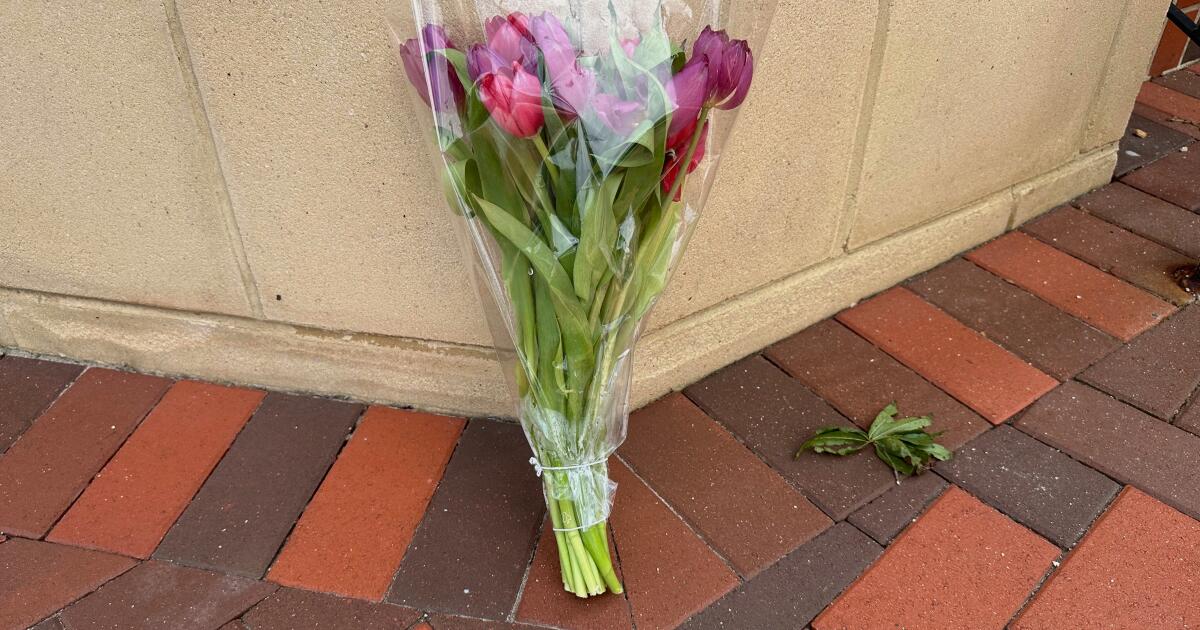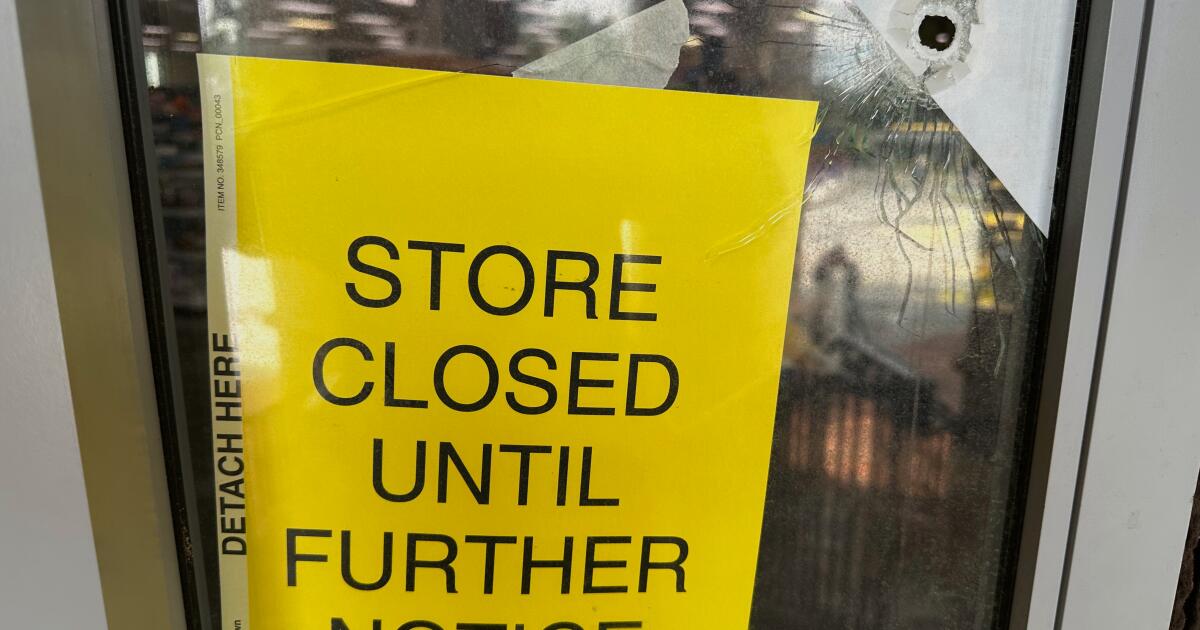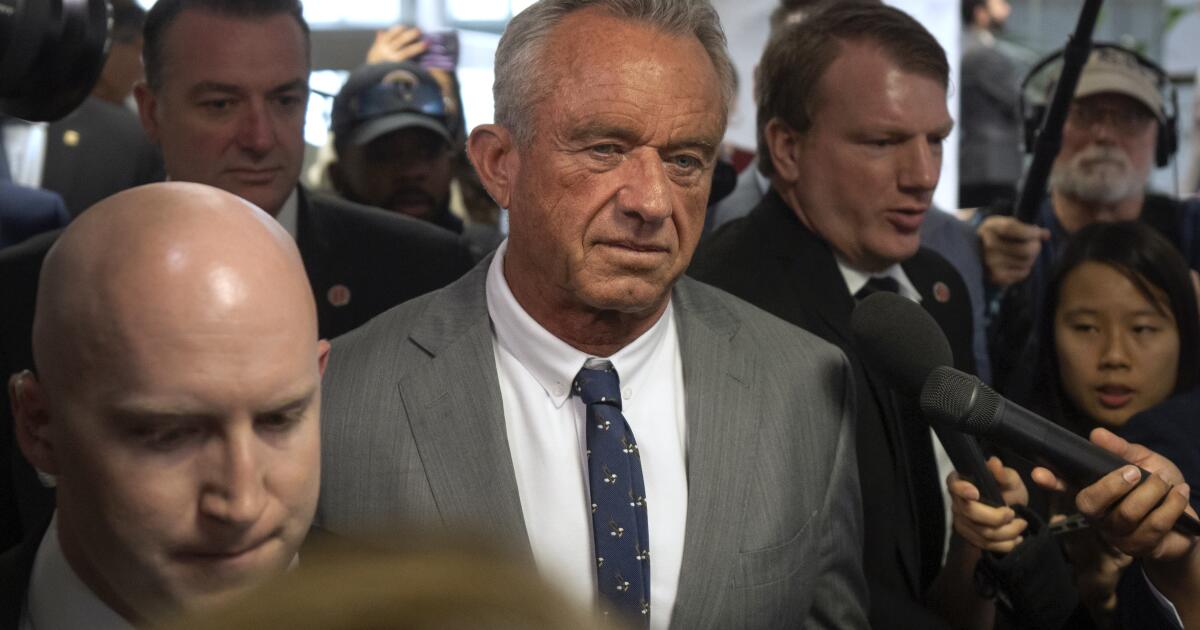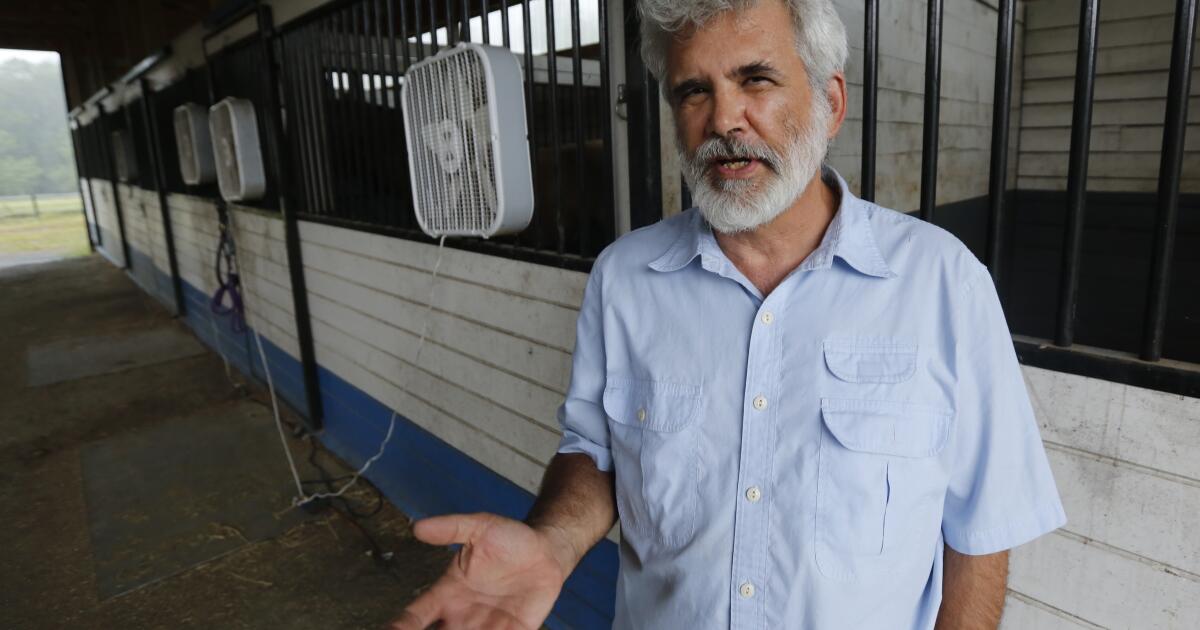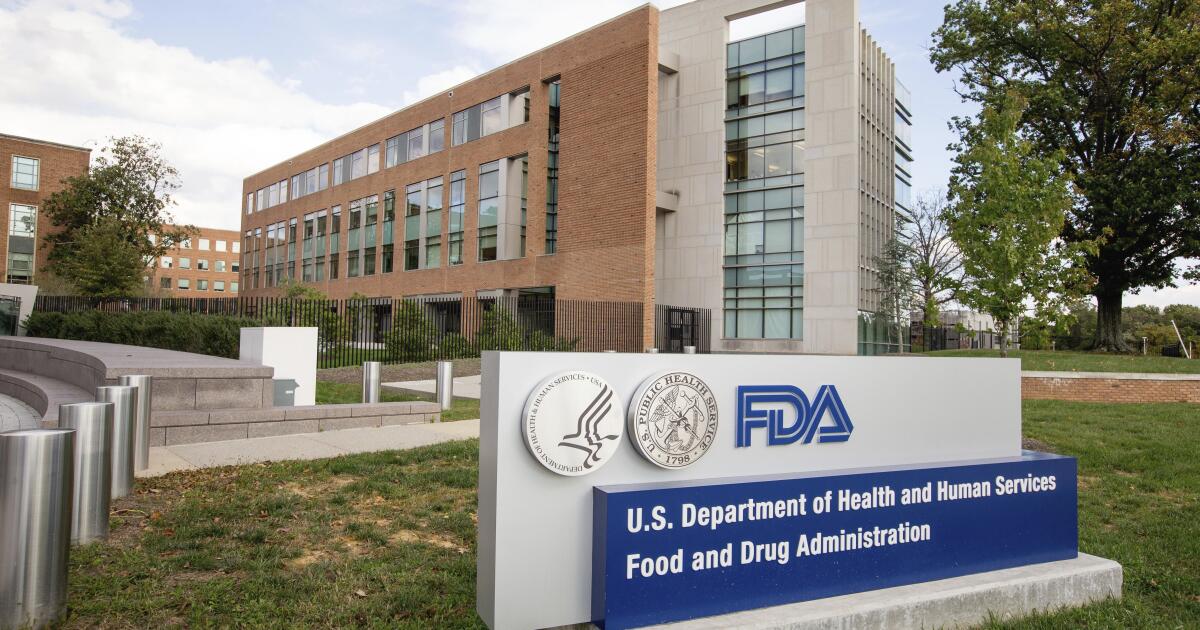CDC shooter blamed COVID vaccine for depression. Union demands statement against misinformation
As authorities identified the shooter in the deadly attack on CDC headquarters as a Georgia man who blamed the COVID-19 vaccine for making him depressed and suicidal, a union representing workers at the agency is demanding that federal officials condemn vaccine misinformation, saying it was putting scientists at risk.
The union said that Friday’s shooting at the Atlanta offices of the U.S. Centers for Disease Control and Prevention, which left a police officer dead, was not a random incident and that it “compounds months of mistreatment, neglect, and vilification that CDC staff have endured.”
The American Federation of Government Employees, Local 2883, said the CDC and leadership of the U.S. Department of Health and Human Services must provide a “clear and unequivocal stance in condemning vaccine disinformation.”
The 30-year-old gunman, who died during the event, had also tried to get into the CDC’s headquarters in Atlanta but was stopped by guards before driving to a pharmacy across the street and opening fire, a law enforcement official told the Associated Press on Saturday.
The man, identified as Patrick Joseph White, was armed with five guns, including at least one long gun, the official said, speaking on condition of anonymity because they were not authorized to publicly discuss the investigation.
Here’s what to know about the shooting and the continuing investigation:
An attack on a public health institution
Police say White opened fire outside the CDC headquarters in Atlanta on Friday, leaving bullet marks in windows across the sprawling campus. At least four CDC buildings were hit, agency Director Susan Monarez said on X.
DeKalb County Police Officer David Rose was mortally wounded while responding. Rose, 33, a former Marine who served in Afghanistan, had graduated from the police academy in March.
White was found on the second floor of a building across the street from the CDC campus and died at the scene, Atlanta Police Chief Darin Schierbaum said. “We do not know at this time whether that was from officers or if it was self-inflicted,” he said.
The Georgia Bureau of Investigation said the crime scene was “complex” and the investigation would take “an extended period of time.”
CDC union’s call
The American Federation of Government Employees, Local 2883, is calling for a statement condemning vaccine misinformation from the Department of Health and Human Services. The agency is led by Robert F. Kennedy Jr., who rose to public prominence on healthcare issues as a leading vaccine skeptic, sometimes advancing false information.
A public statement by federal officials condemning misinformation is needed to help prevent violence against scientists, the union said in a news release.
“Their leadership is critical in reinforcing public trust and ensuring that accurate, science-based information prevails,” the union said.
Fired But Fighting, a group of laid-off CDC employees, has said Kennedy is directly responsible for the villainization of the CDC’s workforce through “his continuous lies about science and vaccine safety, which have fueled a climate of hostility and mistrust.”
Kennedy reached out to staff on Saturday, saying that “no one should face violence while working to protect the health of others.”
Thousands of people who work on critical disease research are employed on the campus. The union said some staff members were huddled in various buildings until late at night, including more than 90 young children who were locked down inside the CDC’s Clifton School.
The union said CDC staff should not be required to immediately return to work after experiencing such a traumatic event. In a statement released Saturday, it said windows and buildings should first be fixed and made “completely secure.”
“Staff should not be required to work next to bullet holes,” the union said. “Forcing a return under these conditions risks re-traumatizing staff by exposing them to the reminders of the horrific shooting they endured.”
The union also called for “perimeter security on all campuses” until the investigation is fully completed and shared with staff.
Shooter’s focus on COVID-19 vaccine
White’s father, who contacted police and identified his son as the possible shooter, said White had been upset over the death of his dog and had become fixated on the COVID-19 vaccine, according to a law enforcement official.
A neighbor of White told the Atlanta Journal-Constitution that White “seemed like a good guy” but spoke with her multiple times about his distrust of COVID-19 vaccines in unrelated conversations.
“He was very unsettled, and he very deeply believed that vaccines hurt him and were hurting other people,” Nancy Hoalst told the newspaper. “He emphatically believed that.”
But Hoalst said she never believed White would be violent: “I had no idea he thought he would take it out on the CDC.”
Haigh writes for the Associated Press.
